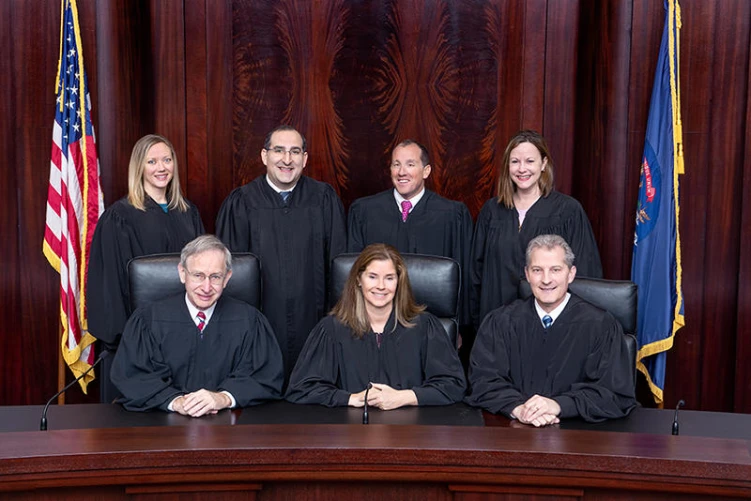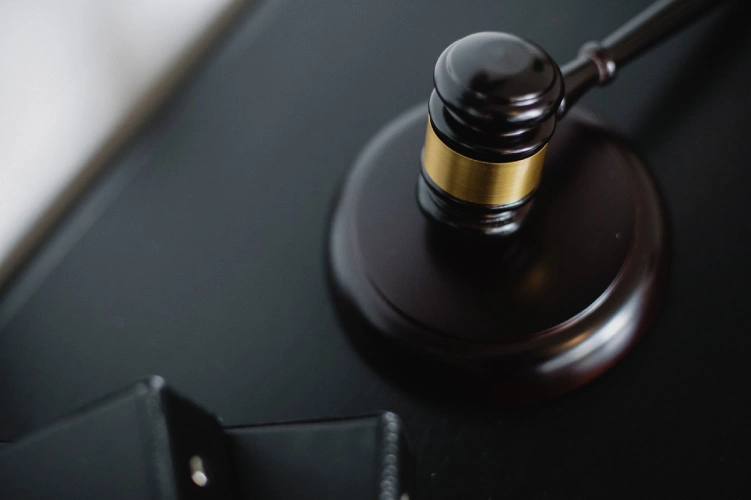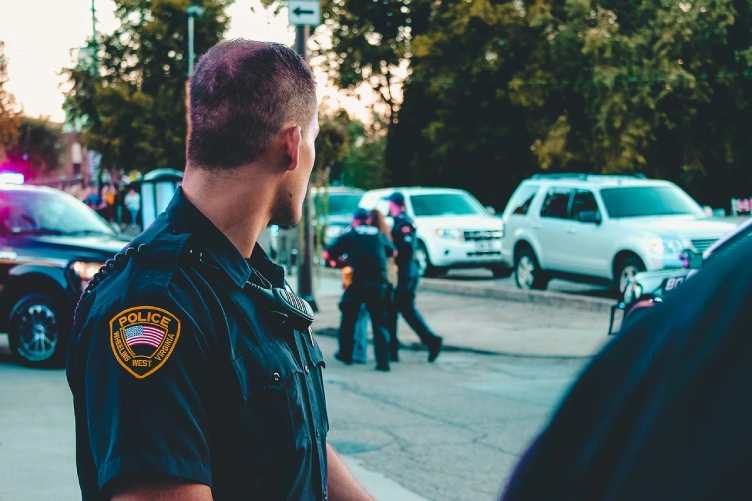Being involved in a car accident is never a fun experience. In fact, the Association for Safe International Road Travel shared that an estimated 1.35 million individuals lose their lives in car crashes each year.
Therefore, it’s always a good idea to know what to do in the event that you are ever involved in one. The following is a list of 10 things you should do if you are ever involved in a car accident.
1. Check for injuries.
This should be your first priority after an accident. Many people tend to forget this vital step, but it is crucial in order to ensure that everyone involved is safe and accounted for.
When checking for injuries, be sure to look for the following:
- Cuts and bruises
- Head injuries
- Neck and back injuries
- Chest injuries
- Internal injuries
If you or anyone else involved in the accident has any of these injuries, seek medical attention immediately.
2. Move to a safe location.
Once you have determined that everyone is okay, you should move your vehicle to a safe location, if possible. This is because accidents tend to cause traffic jams, and you don’t want to be in the way.
If your vehicle is not driveable, turn on your hazard lights and wait for help to arrive. This is a crucial step because it will make you more visible to other drivers and help prevent further accidents.
3. Call the police.
Even if there are no injuries and both vehicles are driveable, you should still call the police so that they can file an accident report. This will be helpful later on when dealing with insurance companies.
For instance, if the other driver is at fault, you will need the accident report to file a claim with their insurance company. If you live in a no-fault state, you will still need to call the police so that they can document the accident.
4. Hire an attorney.
If there are any injuries resulting from the car accident or significant damage done to either vehicle, it might be a good idea to hire an attorney specializing in car accidents. This is especially important if alcohol could be an issue in the situation.
DUI defense attorneys can help you if you think the other driver was under the influence. Likewise, if you are being blamed for the accident, having an attorney on your side can help you prove your innocence. They can also help you navigate through everything and ensure you get the compensation you deserve.
5. Exchange information with the other driver.
Get the full name, address, phone number, and insurance information of the other driver involved in the accident. You should also exchange driver’s license information with them. This is because you will need all of this information when filing an insurance claim.
If the other driver refuses to give you their information, call the police so that they can handle the situation. Remember, it is always better to err on the side of caution.

6. Take pictures of the damage.
Use your phone or camera to take pictures of the damage done to both vehicles as well as any other property that might have been damaged in the accident (e.g., guardrails, street signs, etc.). You can use these pictures as evidence when filing an insurance claim.
This can also turn the tide if charges are ever pressed against you and you have to go to court. If the pictures show that the other driver was at fault, it can help your case.
7. Get witness information.
When it comes to car accidents, there can often be a lot of conflicting information. That’s why it’s important to have witnesses to the accident who can provide an accurate account of what happened. Their testimony could be invaluable if you decide to take legal action against the other driver.
If there are any witnesses, be sure to get their names, contact information, and a brief description of what they saw. This will help make sure that you have all the facts straight and won’t have to rely on hearsay later on.
8. Don’t admit fault.
Even if you think you might be at fault for the accident, don’t say so to the police or the other drivers involved— wait until you’ve had a chance to speak with an attorney or your insurance company before admitting anything.
This is because anything you say can be used against you later on. If you admit fault and then it’s later proven that you weren’t actually at fault, your words will be used against you and could end up costing you a lot of money.
9. Call your insurance company.
As soon as possible after an accident has occurred, contact your insurance company and let them know what happened. They will then be able to guide you through the process of filing a claim.
Be sure to have all the information from the other driver and any pictures or witness statements before you make the call. This will help make sure that your insurance company has everything they need to process your claim quickly and efficiently.
10. Seek medical attention.
Even if you don’t think you’re injured, it’s always a good idea to seek medical attention after an accident, just in case. Some injuries, such as whiplash, might not present themselves right away. Also, if you wait too long to seek medical attention, the insurance company might try to say that your injuries aren’t related to the accident.
If you’ve been in a car accident, there are certain things you should do to protect yourself and make the process of filing an insurance claim easier. Make sure to exchange information with the other driver, take pictures of the damage, get witness information, and don’t admit fault. You should also contact your insurance company as soon as possible and seek medical attention even if you don’t think you’re injured.



